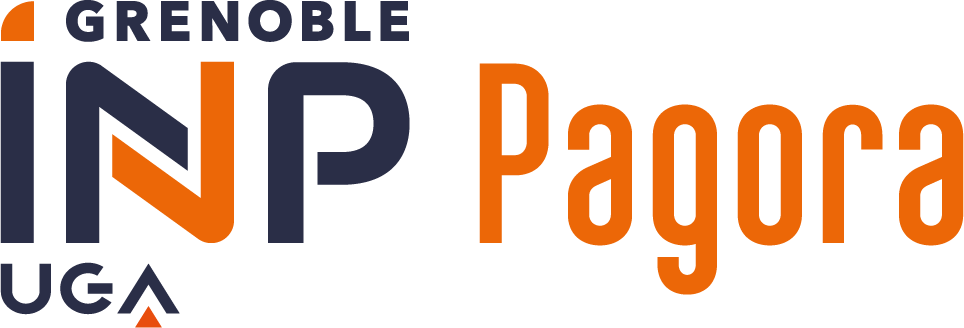Number of hours
- Lectures 10.5
- Projects -
- Tutorials 9.0
- Internship -
- Laboratory works 3.0
ECTS
ECTS 24.0
Goal(s)
Learning outcomes :
- To know the theories of heat transfer processes (heat balance, diffusion, convection, radiations, dimensionless numbers,...) and their application to physical and industrial systems
- To know single-phase heat exchangers and their sizing
- To calculate thermal conduction transfers
- To calculate radiation transfers
- To calculate convection transfers
- To calculate transfers with phase change (boiling, condensation)
- To solve simple and moderately complex transfer problems involving 1 to several of the 3 mechanisms, involving transfers in different media and superposed layers
- To calculate heat flows in monofluid heat exchangers (co-current, counter-current and cross-flow)
- To size and optimize a typical heat exchanger for hot water energy recovery (optimization by Solver, drawing of operating charts)
Jean-Francis BLOCH
Content(s)
Basic knowledge on heat transfer : phenomenon, equations, DTLM method
Rankine cycle, CHP techniques
to learn how to size heat-exchangers (for energy savings in particular)
to get general knowledge on energy converting system such as CHP (combined heat and power production)
Prerequisitesbasic knowledge in thermodynamics
Evaluation : 20% of Rapport ou compte-rendu and 80% of Written exam (1,5h)
Resit : Written exam (1,5h)
written exam
the exam can be recovered in 2nd round
The course exists in the following branches:
- Curriculum - Pagora Engineer - Student - Semester 6
- Curriculum - Master Bio2 - Semester 6
Course ID : 3FME1026
Course language(s): 
You can find this course among all other courses.
Environmental security
Déroulement de l’enseignement en salle de cours standard.
Sécurité : RAS
Environnement : RAS
SONNTAG R.E., VAN WYLEN G.J. Fundamentals of statistical thermodynamics. New York : Wiley, 1966
INCROPERA F.P., DE WITT D.P. Fundamentals of heat and mass tranfer. 6e édition. New York : Wiley, 2007



